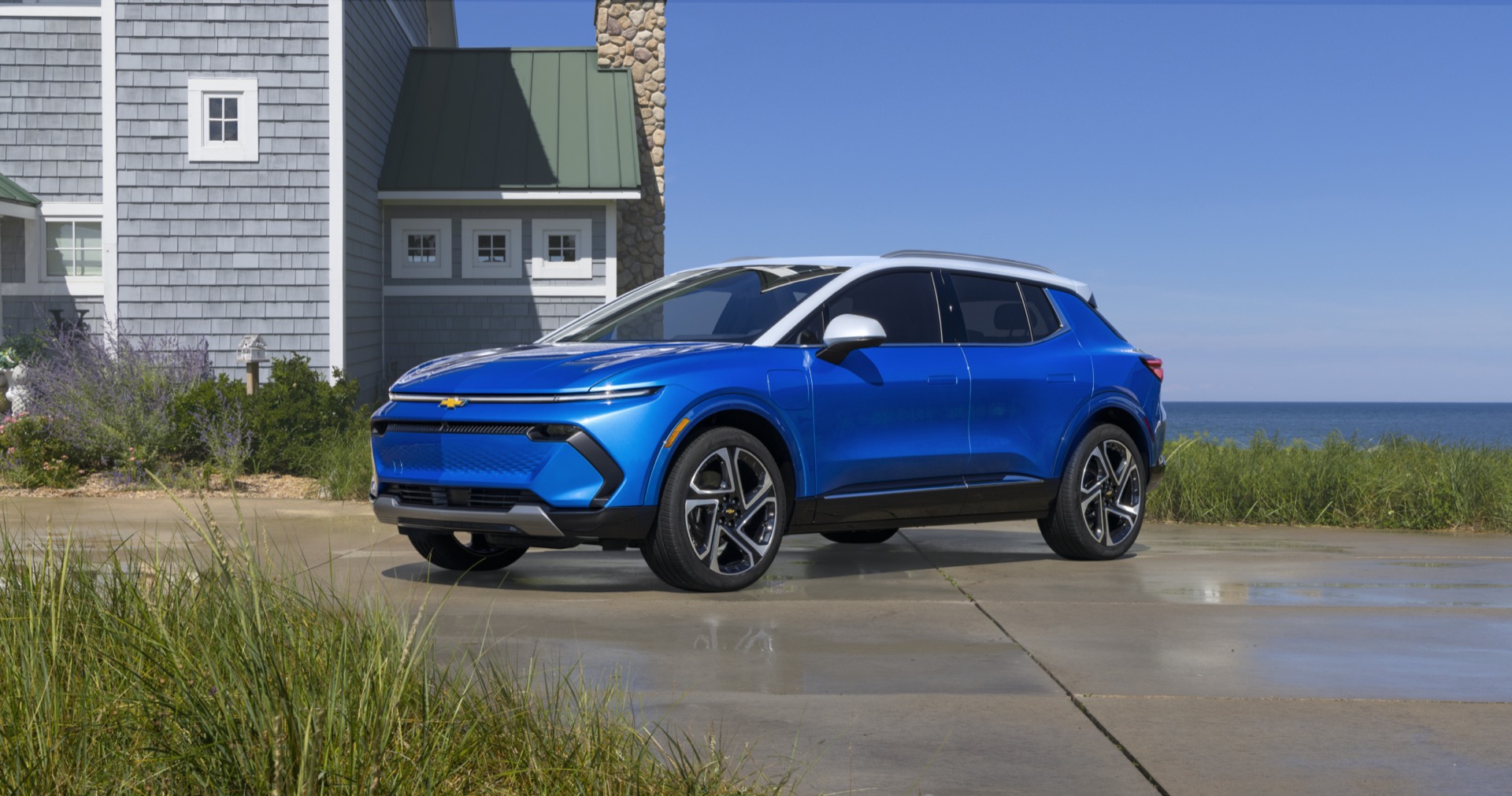The problem is that price DOES matter. And, incentives like tax credits help bring the price down so that they can be afforded by more and more folks (who could afford them anyway) might be willing to buy as the price delta vs. an ICEV won't be as large.
Even in the absence of $ in that manner, look at what Norway achieved via crazy high gasoline prices vs. a ton of other incentives. See blue box near the bottom of
Norwegian EV policy.
And, even w/o $ being thrown at it, Federal, state and local governments can set policies (e.g. taxes on fossil fuel companies, carbon taxes, fuel economy standards (which can force a certain % of BEVs), % of BEVs as a mandate, building code requirements for EV charging at homes, work, businesses, GHG limits, targets for being at net zero, etc.) that are forcing functions. Whether they succeed or get rolled back/watered down is another story. I think it's a pretty safe guess as to where Titler is going.
Good luck w/trying to convince people that way. It doesn't scale. Lots of people will be unreachable and/or not receptive. Even ones that I can reach, many won't be swayed to the point of voting with their wallet. No way I can convince all of my friends, co-workers and acquaintances in the US to. Some of them want EVs but have barriers as it is, in California! See post 358 in this thread, for one, a remote co-worker.
I've posted about a guy at my work
people getting rid of their Leafs/EVs/PHEVs and going back to ICEVs. He had an '11 or '12 Leaf before but it's gone as of 2015 or earlier. This is despite us having free L2 charging at work (which he used) and having hundreds of EVs/PHEVs in our registry. Then COVID happened and now he WFH, but still no EV. Again, this is in California, in Silicon Valley!
In post 219 of the above thread, BRoD = Battering Ram of Death (e.g. Chevy Tahoe or Yukon is what he had, IIRC). That guy had a Model 3 for a few years pretty early on but sold it --> no more EVs.
The Chevy Blazer EV Isn't Alone. GM Owners Say The Ultium Cars Are A Hot Mess has this case:
"Sammy Kumar had a 2023 Cadillac
Lyriq, but similar software woes with the infotainment screen and Super Cruise saw him
trade the car in for an Escalade-V.
“I had the infotainment issue where the screen would just cut out while driving as well but the issue that made me sell that car was Super Cruise," Sammy said. "I had it on my previous Escalade and it worked flawlessly..."
So, it looks like he got fed up and traded in his BEV for a BRoD 682 hp SUV that per
https://gmauthority.com/blog/2022/10/here-are-the-2023-cadillac-escalade-v-fuel-economy-ratings/ gets 13 mpg combined. The CO2 emissions per year from that vehicle are insane vs. pretty much any consumer BEV.
BTW, I've posted about my neighbor before at
Who can catch Tesla ? They seem to be experiencing exponential growth…...
"My next door neighbor for some reason has 5 cars for 2 drivers. They've only ever had a single EV (currently a '22 Bolt EV). The rest are ICEV. They've had a previous Bolt and a Leaf before that. The husband seems to gallivant around in a relatively new guzzler Silverado despite gas being over $5/gal here. I've pointed out to the husband that even at crazy Pacific Gouge & Extort electricity prices, driving that Bolt is cheaper than the Silverado even when gas was $4/gal. (We have a 19 cent/kWh DC FC within 5 miles of home that is cheaper than charging at home.)
Apparently, he doesn't even usually go very far and not beyond where that DC FC is (he knows where it is too)."
Their car situation appears still unchanged: 4 ICEVs and 1 BEV for 2 drivers. One of them is an old Land Cruiser which he told me gets even worse gas mileage than his Silverado. Right now, per
AAA Gas Prices, regular gasoline is averaging $4.60/gal in my city. The aforementioned 19 cent per kWh DC FC is still that price and still cheaper than charging at home here.



